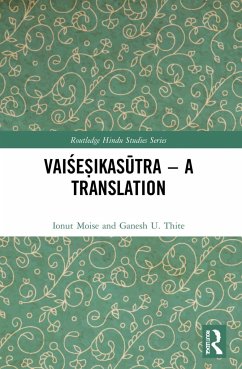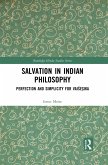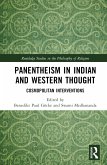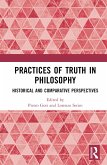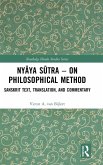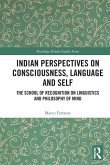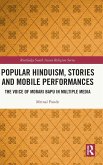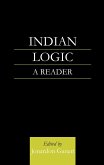This book introduces readers to Indian philosophy by presenting the first integral English translation of Vaisesikasutra as preserved by the earliest canonical commentary of Candrananda (7th century AD) on the old aphorisms of the Vaisesika school of Indian philosophy.
The present monograph offers a canonical description of the fundamental categories of ontology and metaphysics, among which the category of 'particularity' (visesa) plays a major role in the 'problem of individuation' of the 'nature' of substance in both Indian as well as Western metaphysics. This commentary should be read primarily in relation to Aristotle's Categories. It is structured in 3 parts. Chapter 1 contains a general introduction to Indian philosophy and the Vaisesika system. Chapter 2 is a textual-philological discussion on the commentary itself, since its first publication in 1961 by Muni Jambuvijayaji up to the present day. Chapter 3 is a 'philosophical translation' that reads Vaisesika in the global context of Comparative Philosophy and aims to render this text accessible and comprehensible to all readers interested in ontology and metaphysics.
A new reference work and a fundamental introduction to anyone interested in Indian and Comparative Philosophy, this volume will be of interest to scholars and students in Classical Studies, Modern Philosophy, and Asian Religions and Philosophies.
The present monograph offers a canonical description of the fundamental categories of ontology and metaphysics, among which the category of 'particularity' (visesa) plays a major role in the 'problem of individuation' of the 'nature' of substance in both Indian as well as Western metaphysics. This commentary should be read primarily in relation to Aristotle's Categories. It is structured in 3 parts. Chapter 1 contains a general introduction to Indian philosophy and the Vaisesika system. Chapter 2 is a textual-philological discussion on the commentary itself, since its first publication in 1961 by Muni Jambuvijayaji up to the present day. Chapter 3 is a 'philosophical translation' that reads Vaisesika in the global context of Comparative Philosophy and aims to render this text accessible and comprehensible to all readers interested in ontology and metaphysics.
A new reference work and a fundamental introduction to anyone interested in Indian and Comparative Philosophy, this volume will be of interest to scholars and students in Classical Studies, Modern Philosophy, and Asian Religions and Philosophies.

